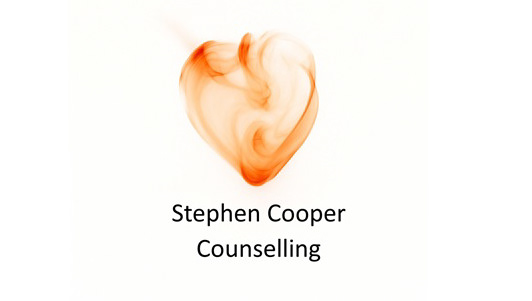There are a number of different kinds of relationship: family, friends, romantic relationships,
acquaintances, and internet relationships. Healthy relationships are founded in mutual
trust, communication, and respect. However, all relationships are influenced by early
experiences during childhood, mostly deriving from relationship patterns formed with those
who provide the care, usually the parents. Children who have a caregiver who is consistently
nurturing of them and responsive to their problems will likely develop a secure attachment
style, feeling confident and grounded. Such children will often want to be near their
caregiver and may become distressed when the caregiver is absent. However, many issues
can affect the development of attachment including mental health problems for the
caregiver or child, experiences of bullying or abuse, and having a poor support network.
Children with a caregiver who is unsupportive and not responsive to their problems may
develop an avoidant attachment style, where they prefer independence and self-sufficiency.
They do not want to depend on others or have others depend on them. Consequently, they
tend to avoid intimacy and may hide their emotions if a situation becomes emotionally
demanding. An anxious attachment style can develop if the caregiver is inconsistent with
their support, at time nurturing and at others ignoring. Anxious attachment can also
develop after abuse, divorce, or the loss of a parent. People with anxious attachment may
view themselves negatively compared to others and feel they are less deserving of being
loved. They are likely to be hypervigilant, searching for a threat to the relationship, and
want a high level of attention from their partner as they fear being abandoned. Disorganised
attachment is often associated with childhood trauma or abuse, leading the person to view
their caregiver as both essential to establish some form of security and also to be a threat.
People with this attachment style will shift between anxious and avoidant depending upon
the situation and their mood, so their adult relationships can be unstable as they are often
inconsistent. People with disorganised attachment often desire intimacy but have difficulty
depending upon others and perceive relationships as a potential source of hurt. The
development of an attachment style will affect future relationships, including the capacity
to trust others and the tendency for conflict, as well as the person’s feelings of self-worth and their ability to maintain emotional balance. Adults who have issues with attachment are
more likely to enter into volatile relationships and having weaker parenting skills, potentially
passing attachment issues to their children.
acquaintances, and internet relationships. Healthy relationships are founded in mutual
trust, communication, and respect. However, all relationships are influenced by early
experiences during childhood, mostly deriving from relationship patterns formed with those
who provide the care, usually the parents. Children who have a caregiver who is consistently
nurturing of them and responsive to their problems will likely develop a secure attachment
style, feeling confident and grounded. Such children will often want to be near their
caregiver and may become distressed when the caregiver is absent. However, many issues
can affect the development of attachment including mental health problems for the
caregiver or child, experiences of bullying or abuse, and having a poor support network.
Children with a caregiver who is unsupportive and not responsive to their problems may
develop an avoidant attachment style, where they prefer independence and self-sufficiency.
They do not want to depend on others or have others depend on them. Consequently, they
tend to avoid intimacy and may hide their emotions if a situation becomes emotionally
demanding. An anxious attachment style can develop if the caregiver is inconsistent with
their support, at time nurturing and at others ignoring. Anxious attachment can also
develop after abuse, divorce, or the loss of a parent. People with anxious attachment may
view themselves negatively compared to others and feel they are less deserving of being
loved. They are likely to be hypervigilant, searching for a threat to the relationship, and
want a high level of attention from their partner as they fear being abandoned. Disorganised
attachment is often associated with childhood trauma or abuse, leading the person to view
their caregiver as both essential to establish some form of security and also to be a threat.
People with this attachment style will shift between anxious and avoidant depending upon
the situation and their mood, so their adult relationships can be unstable as they are often
inconsistent. People with disorganised attachment often desire intimacy but have difficulty
depending upon others and perceive relationships as a potential source of hurt. The
development of an attachment style will affect future relationships, including the capacity
to trust others and the tendency for conflict, as well as the person’s feelings of self-worth and their ability to maintain emotional balance. Adults who have issues with attachment are
more likely to enter into volatile relationships and having weaker parenting skills, potentially
passing attachment issues to their children.
